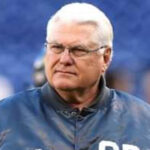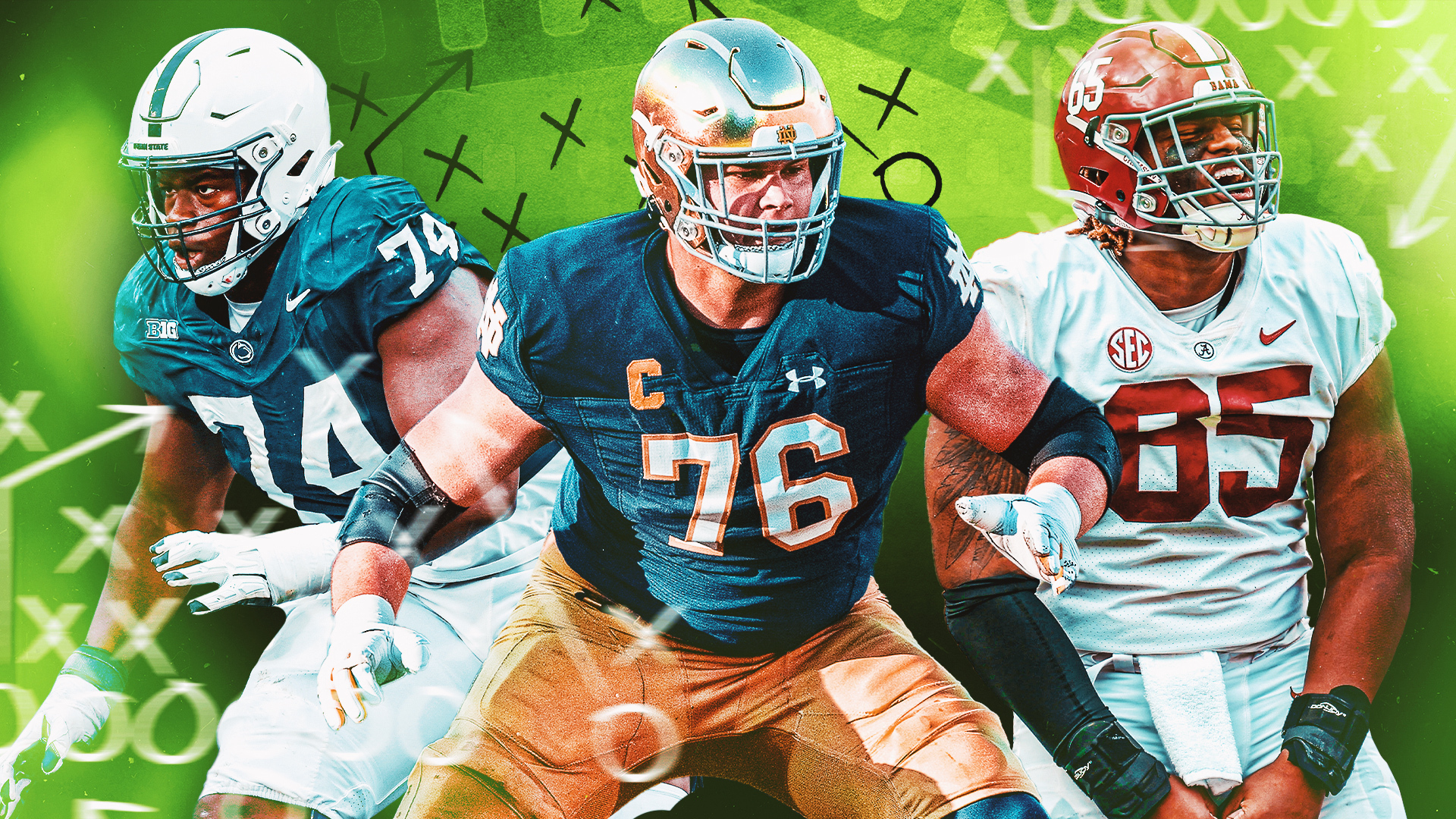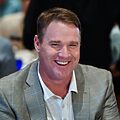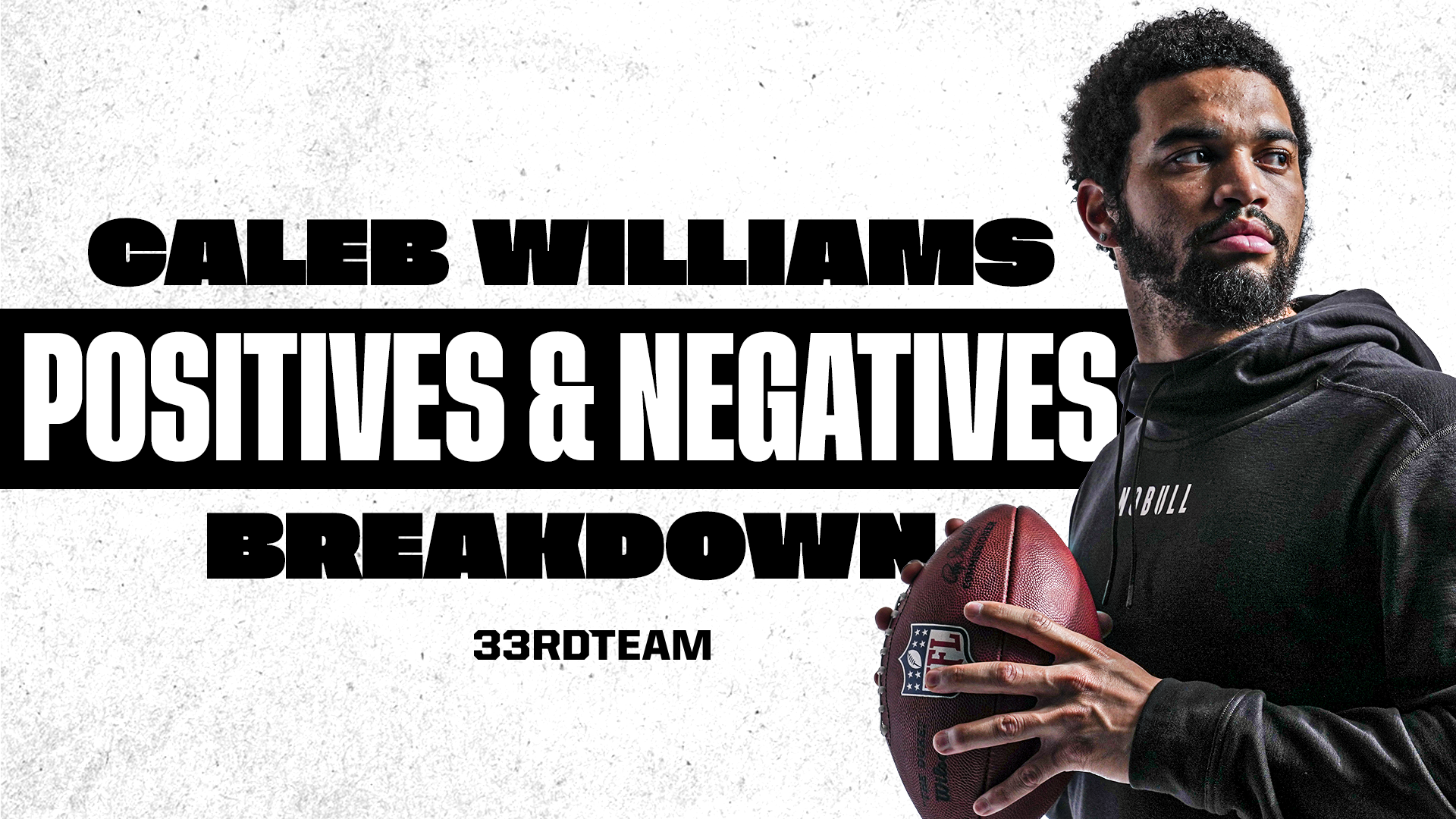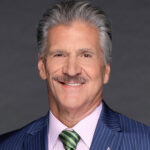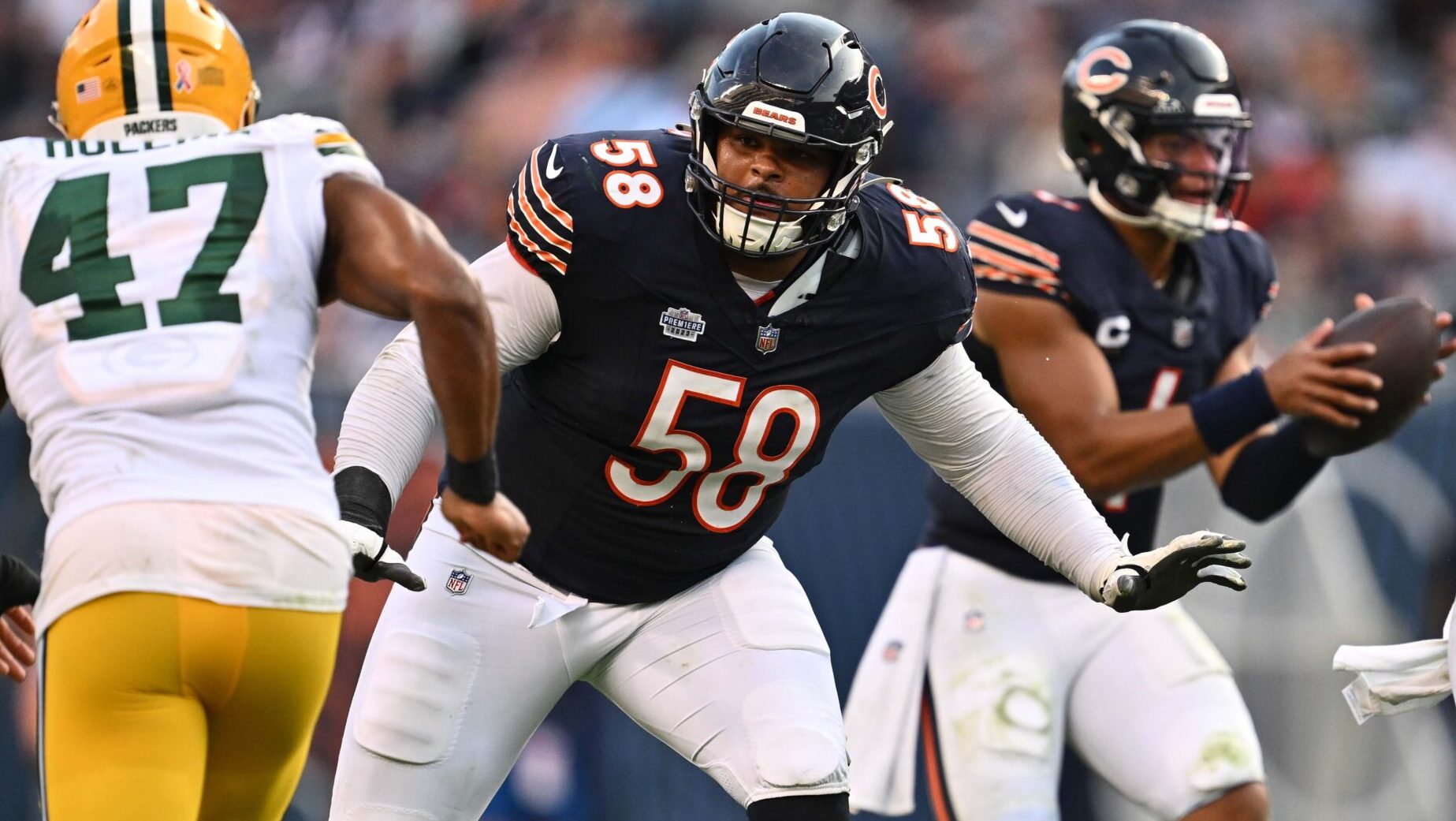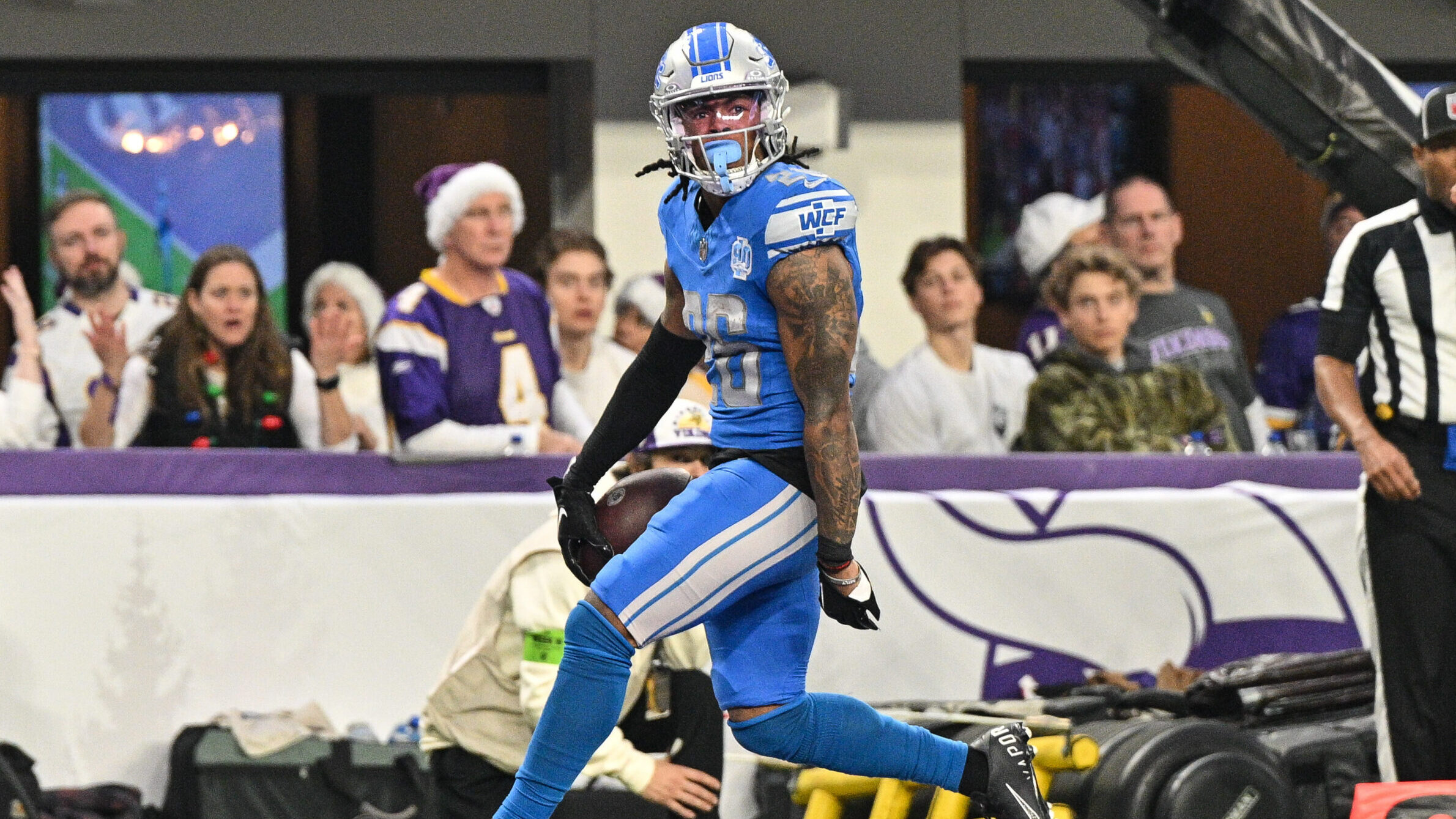Breakdowns
6/3/22
7 min read
The Friday Five: Eric Mangini
Eric Mangini is a former NFL head coach for both the New York Jets and Cleveland Browns. He previously helped the New England Patriots win three Super Bowls as a defensive backs coach and defensive coordinator. He currently runs The Carmine & Frank Mangini Foundation, which teaches children the fundamentals of football.
We caught up with Eric for this week’s Friday Five…
Who is your biggest mentor?
I'd say I've been lucky because I've had more than one.
In my personal life, it would be my brother. I come from a family of five, and the brother who's right above me has always been somebody who has blazed a new trail, tried different things and been willing to just expand–whether it was the high school that we went to, which was different from the rest of our family or the college or even as a profession. He went into investment banking and now is in an infrastructure fund overseas. He's always been inspirational to me in the way that he approached things.
Professionally, I'd say both Bill Parcells and Bill Belichick. Bill Parcells has an incredible capacity to understand people and to figure out not only what makes them tick but what makes them be their best. It was always incredible to see Belichick — his work ethic, his consistency and intelligence were impressive. I'd say the other thing that makes him really special is his ability to get people to focus on the task at hand.
If you could give your younger self one piece of advice, what would that be?
You know, we always hear people talk about the good old days. I think there's a lot to that. I guess what I would tell my younger self is to try to appreciate the moment you're in.
At each phase of your life, you're always looking forward. When you're in high school, you're looking forward to college. In college, you’re looking forward to your first job. Then you get your first job in the NFL. If it's a position coach, you want to be a coordinator, then a head coach, but each one of those phases in your life are special. Take some time to appreciate them. I would also definitely recommend buying some Apple, Google, Amazon, and Bitcoin.
What are some of the toughest things about that transition from being a positional coach to a coordinator and from a coordinator to a head coach?
I'd say one of the biggest challenges in moving up is that everybody sees the world through their personal lens. It's completely understandable, but they're viewing things the way that it affects them. As you start as a position coach, you just have to worry about your group and getting that group better. That's a very specific task. As you move up into the coordinator role, now you've got to make sure that every group is getting what they need.
When you become a head coach, it's everybody. It's both sides of the ball. There are other facets of the organization you're dealing with — scouting, player development, medical or all those different things. It can be really challenging — especially in dealing with your coordinators or dealing with your position coaches, because you understand where they're coming from and the challenges they face. It's often hard for people in those roles to understand the challenges that you're facing as well. I'd say that the biggest adjustment is being able to look at things globally — in terms of what's the greatest good for the team and for the organization.
Even before you were a positional coach, you started as a public relations intern. Are there some lessons from that experience that you still carry with you?
Look, I wish PR intern was my first job. My first job was as a ball boy!
I was studying at the University of Melbourne. My brother was there, and I had some time before school started. I got involved with the football team, ended up really loving the experience and decided I wanted to try football as a career. I was finishing up at Wesleyan and my college coach had gone and become an offensive assistant at The Cleveland Browns. So, I asked if there was anything I could do to get into the organization because I just wanted to be able to see what pro football was like. They said the job was a ball boy. So, I actually started as a 23-year-old ball boy with $25,000 in school loans.
After OTAs, I couldn't afford to go home and asked them to volunteer in PR. After I was going to be done, the head of PR asked me to be an intern. So, that was actually my second job in the NFL. Then I moved from that to coaching assistant to assistant coach and right on down the line but each one of those experiences I think was great. When you become a head coach, you have to look at things from a big picture perspective. It allowed me to appreciate how much hard work every aspect of the team puts in and how much you need to appreciate it. The equipment guys do so much work that that makes life easy for the players and the coaches and the trainer's — and then the ball boys, and PR and right on down the line.
We often talk about how hard the players work and how hard the coaches work. I don't think everybody appreciates how hard everybody in the organization’s working to make it as successful as possible. I'd say that's one thing I definitely learned from being in multiple roles.
If you could pick any three people, you know living dead, fictional, otherwise, if you could pick any three people to invite to dinner, who would it be and why?
Mike [Tannenbaum] and I used to ask questions like this in our interviews when we brought players into the building prior to the draft to try to get some perspective on who they were and a little bit of a different look at their personality.
For me, it really wouldn't be three, it would be two people. The first one would be my father who I lost when I was a sophomore in high school suddenly to a heart attack. We spent a lot of time watching football on Sundays, and he played football. It was something that we shared together, and I grew up loving it. Then, my uncle Frank, who was my dad's brother. He filled my dad’s role in a lot of ways after he passed away. He ended up going to my games, both in high school and college and was part of my early career. Unfortunately, he passed just after college
I think to be able to spend time with my dad and then share with him what's happened to me from a professional perspective and a personal perspective, would be amazing. So, to be able to spend time with both of them would be the perfect way to utilize that experience.
Our foundation named after the two of them has served close to 10,000 kids over the years. If they can pay, they pay. If they can’t pay, we have scholarships. We're trying to create a day for kids who may not be able to afford to go to a camp on their own. Over the years, we've had tons of head coaches, coordinators, NFL people and college coaches participate.

